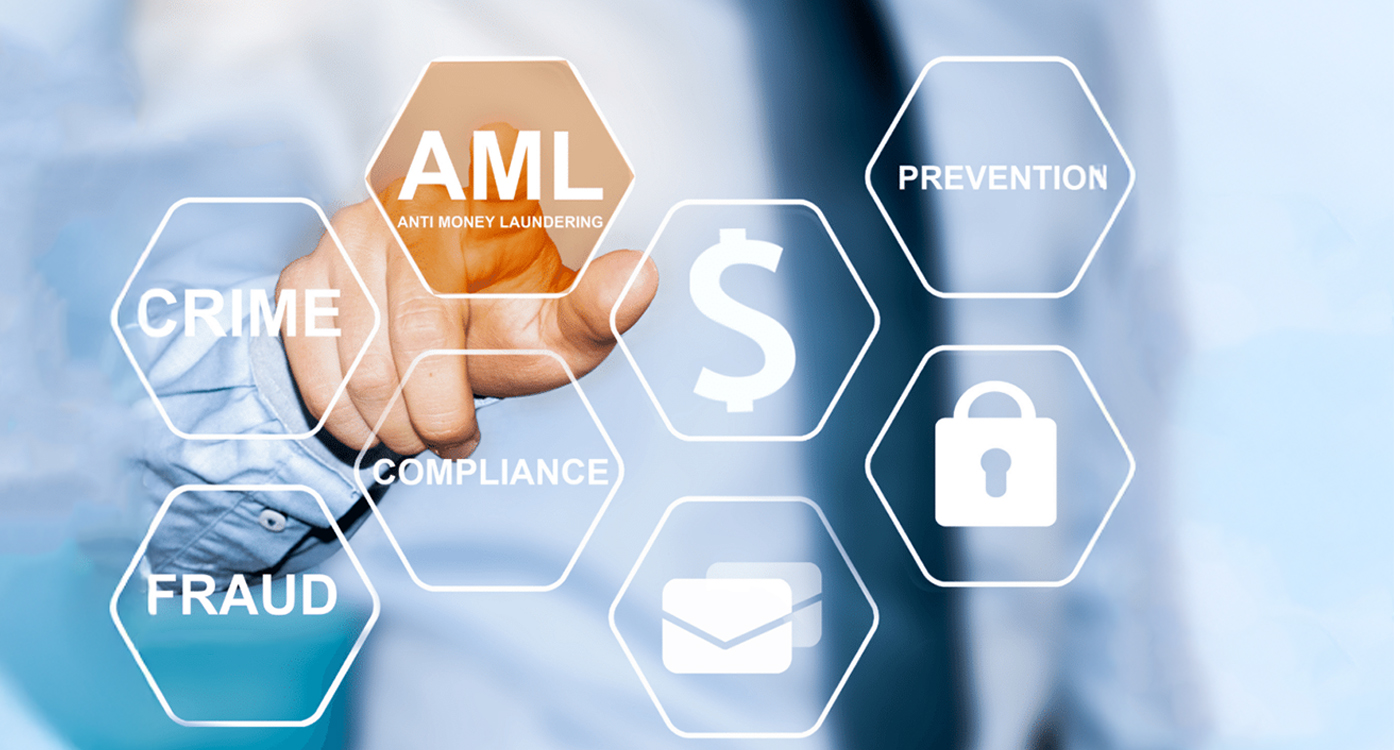
This article delves into what money laundering is, the importance of AML compliance, the challenges involved, and how solutions like EnQualify can streamline the process of building an effective AML program.
What is Money Laundering?
Money laundering is the process of concealing the origins of illegally obtained money, making it appear as if it comes from legitimate sources. Criminals achieve this through a series of financial transactions or investments designed to “clean” the illicit funds.
Stages of Money Laundering:
Money laundering enables criminals to benefit from their illegal activities while avoiding detection. It undermines the integrity of financial institutions, destabilizes economies, and poses a threat to global security.
What is Anti-Money Laundering Compliance?
Anti-Money Laundering (AML) compliance refers to the set of laws, regulations, and procedures designed to detect, prevent, and report money laundering activities. AML compliance requires financial institutions and businesses to take proactive steps to identify suspicious activities, verify customer identities, and maintain detailed records of transactions.
Core Elements of AML Compliance:
AML compliance is mandatory for banks, financial institutions, cryptocurrency exchanges, and other businesses vulnerable to money laundering risks.

Anti-Money Laundering regulations are a set of laws and guidelines designed to prevent and detect money laundering and terrorism financing. These regulations vary by country but are aligned with international standards set by organizations like the Financial Action Task Force (FATF).
Key International AML Regulations:
AML regulations are enforced by financial regulators such as the Financial Crimes Enforcement Network (FinCEN) in the U.S., the Financial Conduct Authority (FCA) in the U.K., and similar entities in other countries.
Why is AML Compliance Important?
AML compliance is not just a legal requirement; it is essential for maintaining trust and stability in the financial system. Here are the key reasons why AML compliance is important:

What are Anti-Money Laundering Regulations?
AML Compliance Program
An AML compliance program is a comprehensive framework that organizations implement to meet regulatory requirements and mitigate money laundering risks. A robust AML program includes the following components:
What Makes AML Compliance Challenging?
Implementing and maintaining AML compliance comes with several challenges:

How EnQualify Helps You to Build an AML Program
EnQualify offers a comprehensive suite of tools and services to help businesses build and maintain effective AML compliance programs. Here’s how EnQualify can assist:
Money laundering remains a significant threat to the global financial system, necessitating robust measures to combat it. AML compliance is more than just a legal requirement; it is a vital component of ethical and secure business practices.
While implementing AML compliance programs can be challenging, solutions like EnQualify provide businesses with the tools and expertise they need to stay ahead. From automated risk assessments to seamless integration and ongoing support, EnQualify empowers organizations to combat money laundering effectively, protect their reputation, and build trust with customers.
Adopting a comprehensive AML compliance program not only ensures regulatory compliance but also strengthens the integrity of the financial ecosystem, creating a safer and more transparent future for businesses and consumers alike.



Industries
Company
Resources
Copyrights © EnQualify | All rights reserved. Privacy Policy | Cookie Policy | Terms of Use | Security & Compliance